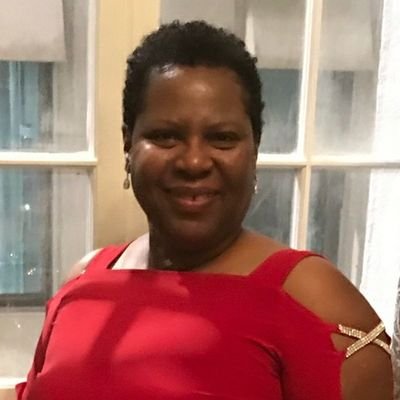
Angela Chalk lives in the 7th Ward of New Orleans. Though the Ward sits adjacent to the city’s vibrant and economically critical tourism district, a bitter alchemy of geology (proximity to the Mississippi and impermeable clay soil) and a long history of racial discrimination driving disinvestment in essential infrastructure and planning makes the Ward particularly vulnerable to extreme flooding.
Nearly 15 years after Hurricane Katrina ravaged the neighborhood, major storms can still leave up to three feet of standing water in the streets. Not only do these floodwaters destroy homes and businesses, but they leach toxic contaminants into the soil, threatening the health of children and families.
Angela’s background is in public health. She’d already been helping create safe, healthy community gardens for years as a community advocate and by founding a local nonprofit called Healthy Community Services, when a conversation with her 14 year-old grandniece, Anissa, sparked a revelation. Anissa told Angela how she and her classmates had fixed the flooding issues in the school playground by installing a rain garden.
Angela immediately wanted to learn more. She found a training and volunteered to have a demonstration project built at her house. A few rains later, when it was clear that her home and yard were faring better than those around it, she knew she had to bring this to the whole 7th Ward.
HCS, with support from the Partnership for Resilient Communities and many others, has been able to scale its flood-prevention program and now has 60 active green infrastructure projects in three neighborhoods managed by 94 local champions. Each champion works to educate their community about climate and resilience while leading hands-on projects designed to absorb stormwater and deliver other natural benefits.
“I want people to understand that they have the power to change the community. This is not just someone else’s issue. It is our issue,”
Day-to-day, that means educating and training residents, pushing for investments to be made in the most vulnerable communities, excavating, removing concrete, bringing in sand, building drains, constructing rain barrels, and planting native plants and trees.
These efforts were put to the test this past July when the rains preceding Hurricane Barry flooded much of New Orleans. “What was interesting is in my area I had maybe three feet of standing water for four hours in the street. But the bioswales worked, and though the street flooded, my driveway did not,” Angela said. Areas that had received interventions from Angela and her team were spared the massive flooding, with up to 350 gallons of water easily draining away and residents reporting that their homes, cars, and businesses were saved.
Angela and HCS are bringing the concept of climate change home for her community. With new tools and resources at her fingertips, Angela is partnering with neighbors, community organizations and others to make her community resilient. “I want people to understand that they have the power to change the community. This is not just someone else’s issue. It is our issue,” said Angela.
